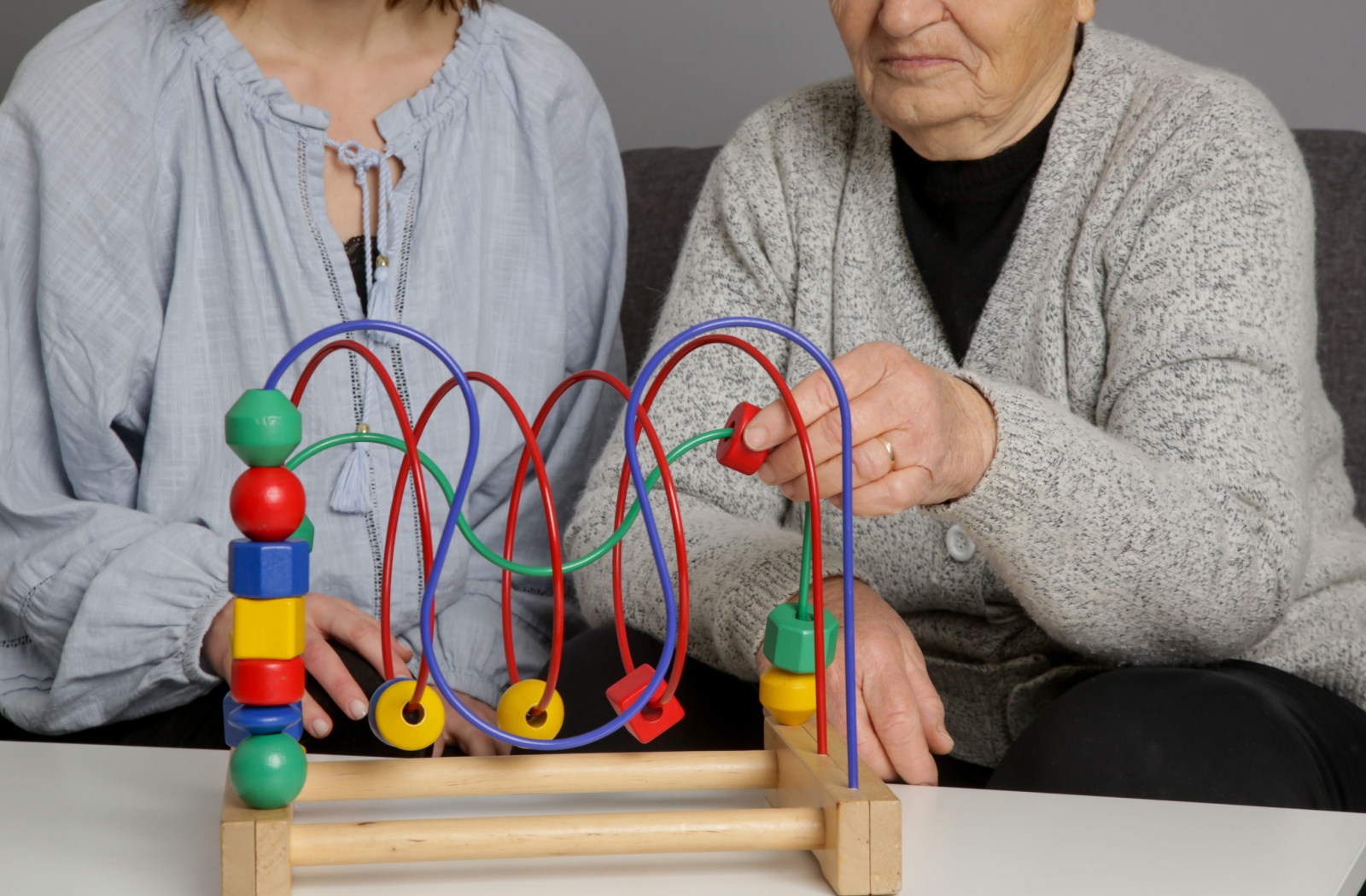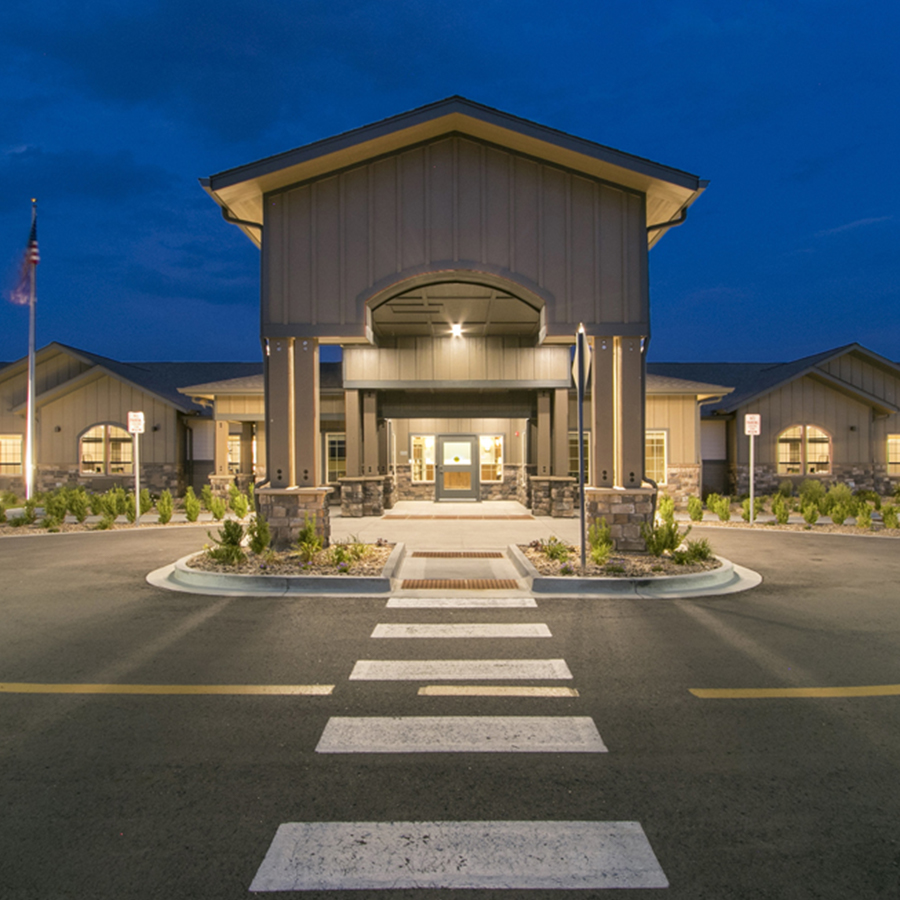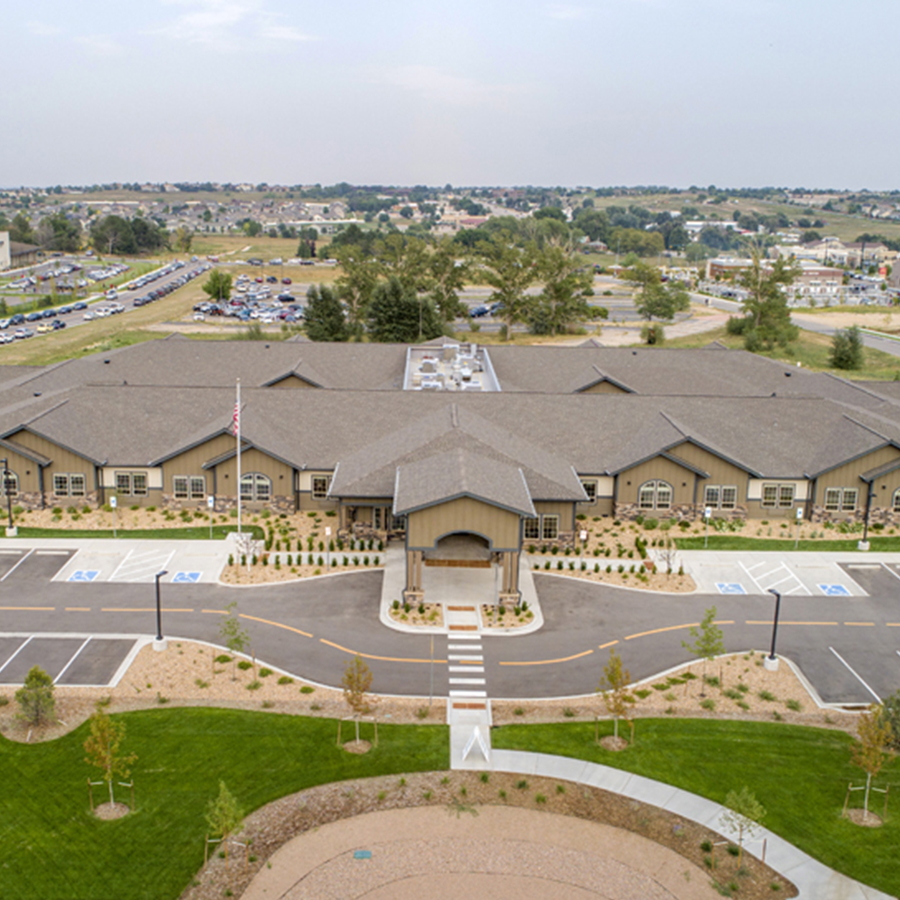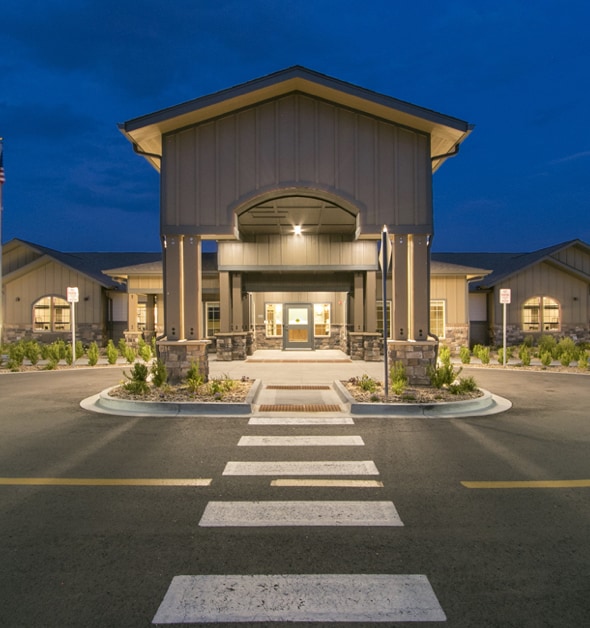Caring for a loved one experiencing memory loss can be both rewarding and demanding. For family caregivers, ensuring the safety, happiness, and well-being of a parent or family member with Alzheimer’s, dementia, or another memory-related condition requires constant attention and support. This is where memory care communities come in.
Memory care communities are specialized senior living options designed to benefit those with memory impairments. These communities offer secure environments, individualized care plans, social interactions, supervision, emotional support, and reduced caregiver burdens.
How is Memory Care Different From Other Types of Senior Living?
Unlike independent living, assisted living, or nursing homes, memory care communities are uniquely tailored to meet the needs of individuals experiencing cognitive decline. From specialized staff to secure environments, these communities offer comfort, stimulation, and individualized care for seniors with such challenges.
Memory care is focused on enhancing quality of life by providing personalized support for people with dementia or Alzheimer’s. These services address cognitive, physical, and emotional challenges while creating a safe environment where seniors can thrive.
Who Benefits from Memory Care?
Memory care services cater to seniors with memory impairments, including Alzheimer’s and other forms of dementia. Additionally, these communities offer peace of mind to family caregivers who may no longer be able to meet all the needs of their loved ones without professional assistance.
How Does Memory Care Enhance the Lives of Seniors?
- Engagement through activities that are designed to stimulate the mind
- Safety with secure environments to prevent wandering
- Comfort with staff trained to understand and nurture the emotional needs of residents
What Services Are Provided in Memory Care?
- Supervision and assistance with daily activities such as grooming, dressing, and bathing
- Specialized memory-enhancing activities and therapies
- Secure spaces to prevent wandering while promoting exploration
- Access to health services and wellness programs
- Nutritious meals tailored to individual dietary needs
- Social interaction through activities, group events, and shared spaces
With memory care, every detail—whether in the living spaces, meal planning, or daily routines—is designed to meet the unique challenges of memory impairment.
Benefits of Memory Care Communities
Memory care communities excel at creating environments where seniors with memory impairments can regain confidence, thrive socially, and enjoy a fulfilling life. Below are the primary benefits that these communities can offer:
Increased Independence
While it seems counterintuitive, memory care gives seniors the tools and support they need to enjoy independence. By offering consistent routines and supervision, residents gain a structured environment where they feel empowered to make choices in a safe and supportive way.
Opportunities for Socialization
Social interaction is fundamental to emotional well-being. Memory care communities create opportunities for residents to bond with peers through group meals, recreational activities, and shared spaces. Forming these connections can help combat loneliness and offer a renewed sense of belonging.
Physical Safety
Memory-related conditions often include risks like wandering, falls, or confusion about surroundings. Memory care communities have secure entry points, monitored hallways, and staff trained to intervene when necessary, making it easier to ensure your loved one is always safe and monitored.
Specialized Services and Programs
Memory care communities deploy engaging, research-based activities tailored to assist those with cognitive impairments. These can include:
- Art or music therapy
- Brain stimulation games
- Exercise programs designed to strengthen the body and mind
These activities help improve memory retention and provide meaningful, joyful experiences for residents.
Improved Diet & Wellness
Proper nutrition is vital for seniors, yet cognitive impairment can make regular eating routines challenging. Memory care staff ensure residents receive tasty, nutritionally balanced meals tailored to their dietary needs. Dining experiences in community settings also encourage social engagement.
Access to Health Services and Professionals
Memory care residents have access to a team of healthcare professionals trained to work with individuals with dementia and other cognitive challenges. From on-site medical care to regular health assessments, these services help ensure your loved one receives the necessary attention immediately.
Help With Appointments and Medications
Many family caregivers struggle with administering medications and scheduling health appointments. Memory care communities distribute medicines on time, provide transportation to various doctor visits, and ensure no missed appointments.
Each benefit helps create a safer, more fulfilling lifestyle for memory care residents while relieving caregivers of the mental, emotional, and physical burdens of caregiving.
How to Know If Memory Care Is Right for Your Loved One

Deciding to transition your loved one into a memory care community is never easy, but making the leap can provide them with a better quality of life—and peace of mind. Here are signs that memory care may be the best solution for your loved one:
- Wandering Habits: If your loved one has begun wandering or displays confusion about their surroundings.
- Difficulty Managing Daily Tasks: They may struggle with basic hygiene, eating correctly, or remembering essential details (e.g. where they live).
- Behavioral Challenges: Increased anxiety, aggression, or agitation that you find hard to manage.
- Safety Concerns: Your home may no longer fully meet the safety requirements of someone with memory impairments.
- Caregiver Burnout: If you feel mentally or physically drained, memory care may provide the support you need to prioritize your well-being while ensuring your loved one is cared for.
Remember to approach these moments with patience and compassion. Transitioning into memory care can be as empowering as it is emotional. Research available communities, visit their amenities, and get to know their staff to ensure your loved one will feel at home in their new environment.
Give Your Loved One the Care They Deserve
High Plains Crossing advocates for families to understand all the options available when making choices to support their loved one’s lives and safety. From enhanced safety to meaningful socialization, memory care communities ensure that memory-impaired seniors have a safe, supportive place to thrive. Contact us today to see if our community is a good fit for your loved one.
















